'Solar warriors' train for Native American energy fight
Renewable resources could help reservations struggling with power problems.
It is a jump from doing office paperwork to building solar power systems, but that is the leap Lorraine Nez is taking to bring renewable energy to her Native American reservation.
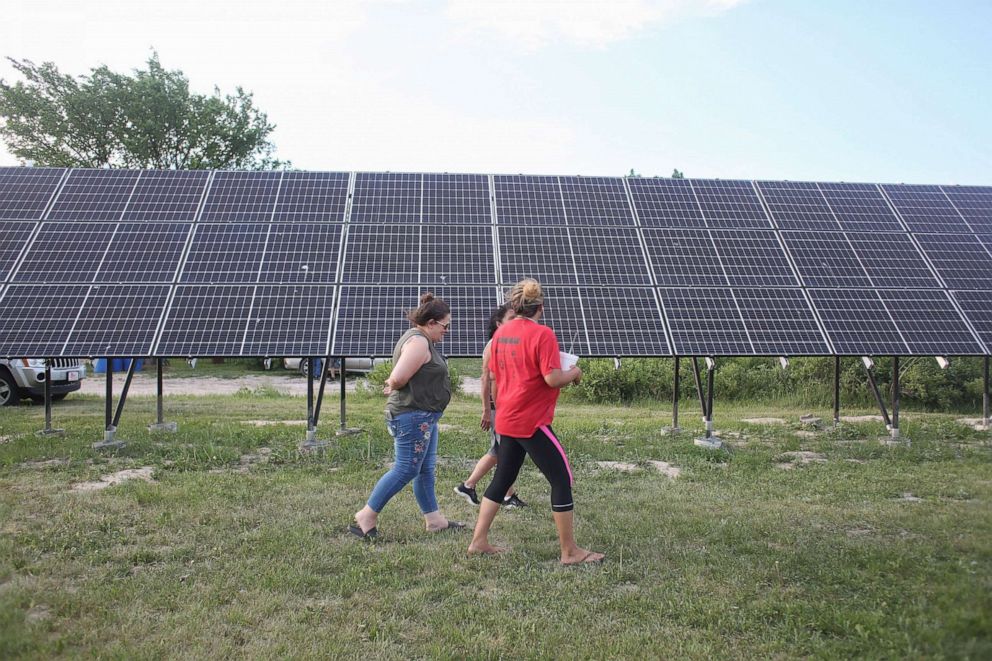
Nez was one of a dozen Native trainees who took a monthlong course this summer on South Dakota's Pine Ridge Reservation to become certified solar power installers and trainers.
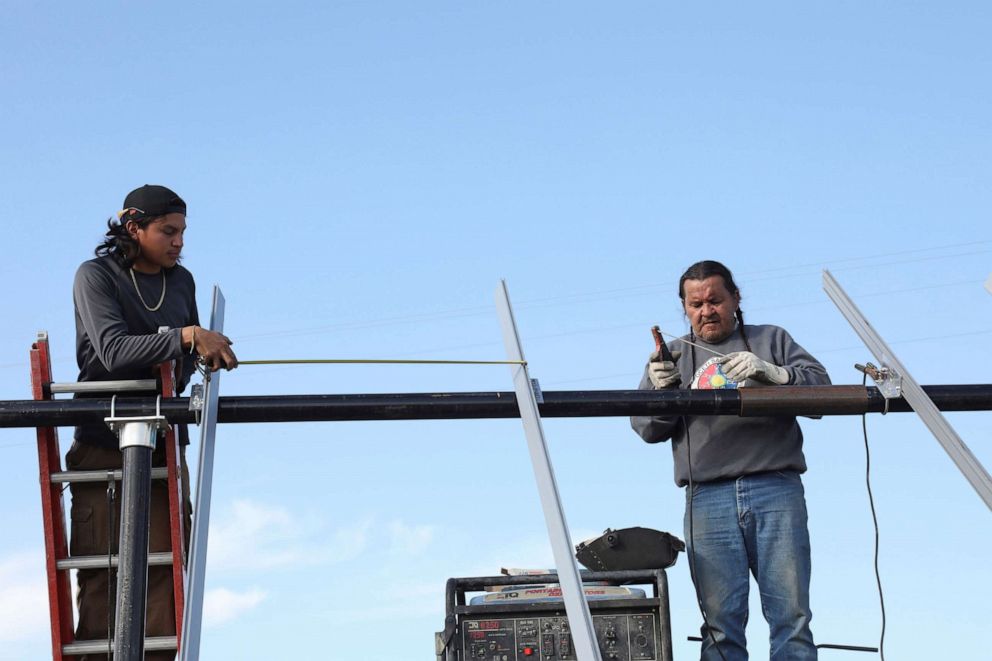
The students from six tribes are among Native Americans tapping into vast renewable energy potential on tribal lands and fighting economic inequalities holding back access to clean power.
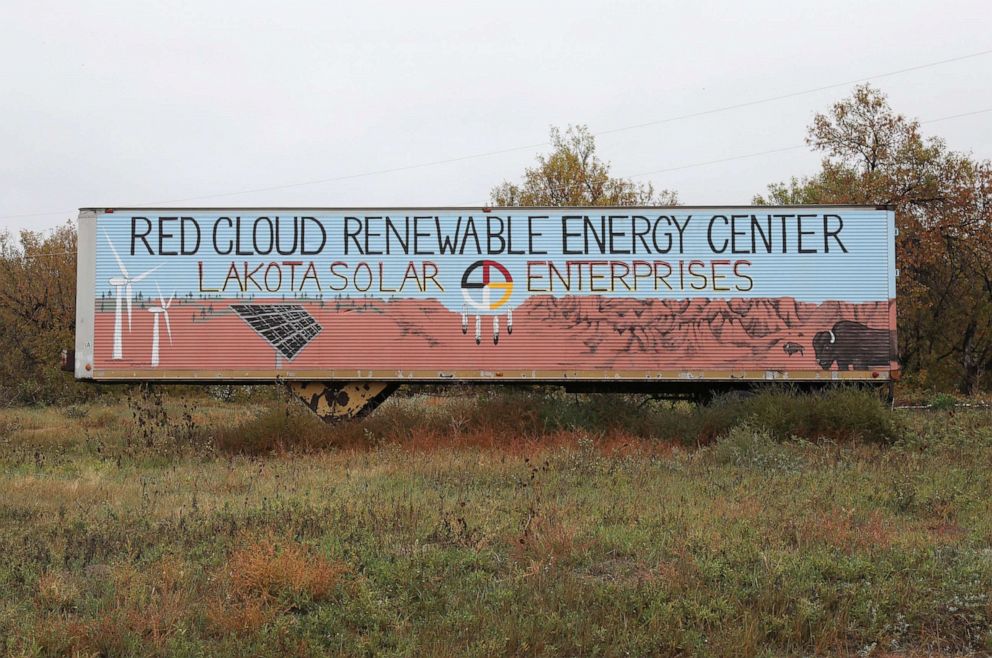
"This is still a new industry, there are not many people out here in this world with any type of knowledge," said Nez, 44, a former nurse with a degree in business management, who is from the Rosebud Sioux reservation in South Dakota and lives in Rapid City, South Dakota, where she works in medical billing.
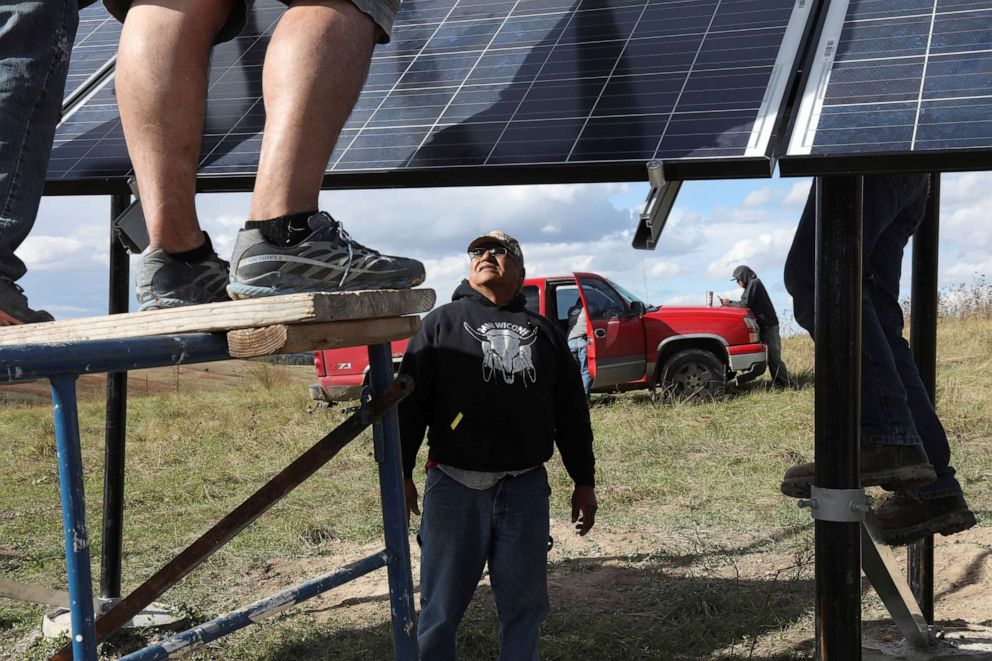
Native Americans are 10 times more likely to not have electricity than the national average and, as people of color, far less likely to have solar power, after 20th century rural electrification bypassed some of their communities, studies have shown.
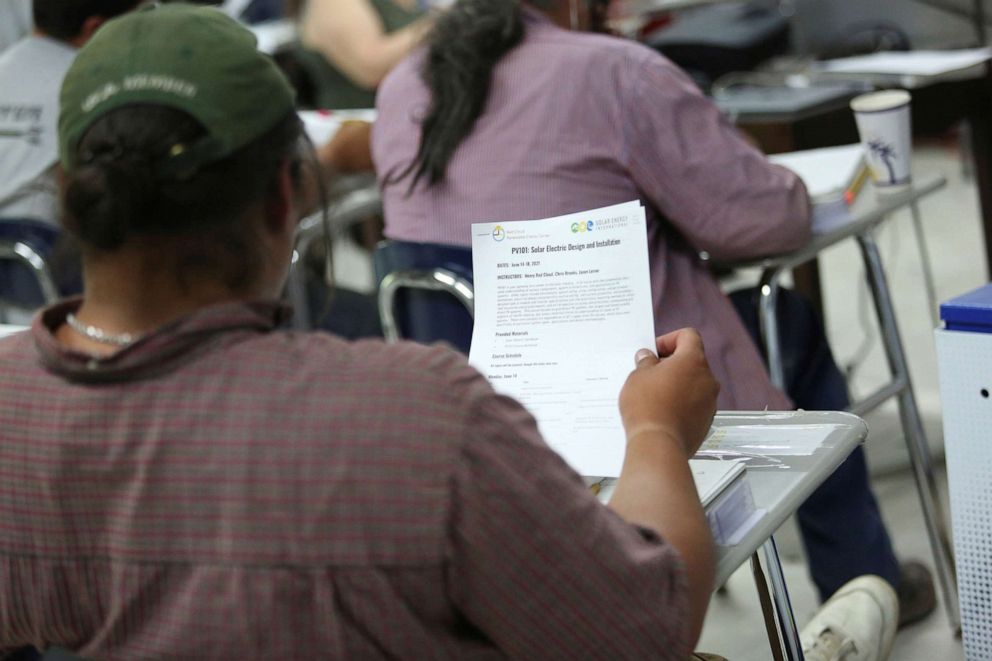
To help build tribal energy independence, training group Solar Energy International has partnered with nonprofit Red Cloud Renewable to teach students to assemble off-grid systems for isolated homes or grid-connected arrays to cut bills.
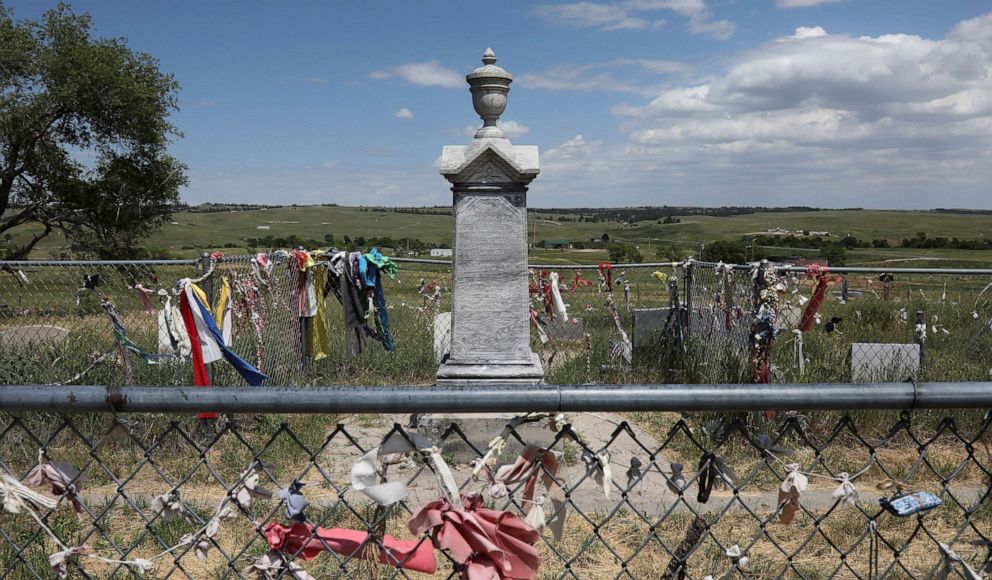
These "solar warriors" hope to supply power to areas like the Navajo Nation, where around 25% of homes lack electricity, and cut energy bills in reservations such as Pine Ridge, which has the poorest county in the United States.
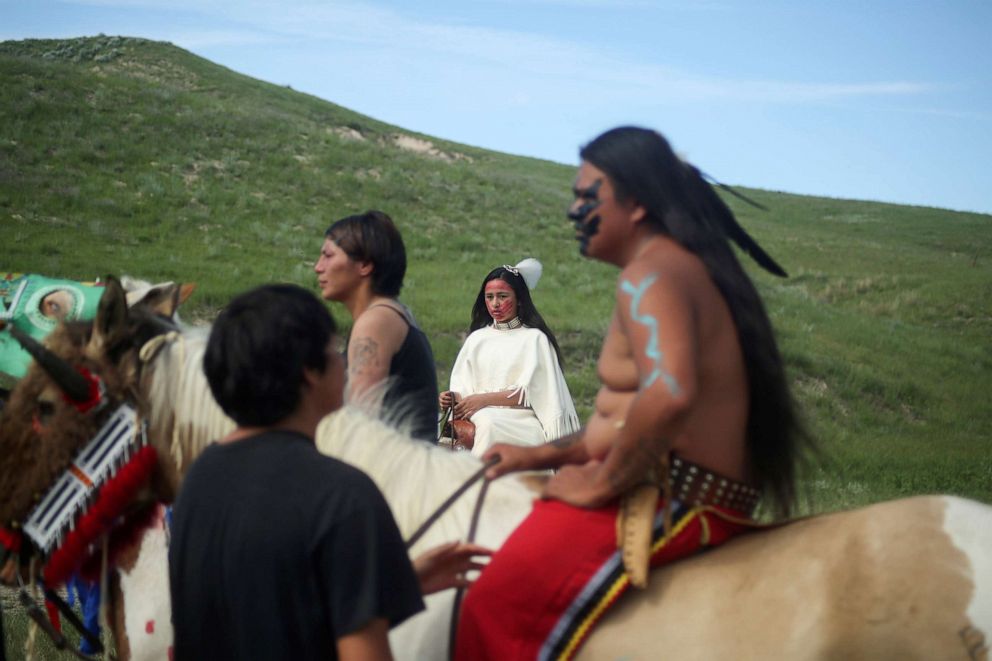
"I want to create community awareness, show by example how solar and renewable energies coincide with the Chippewa Cree belief system, the overall Native American belief system," said trainee Clyde Brown, 45, who plans to install solar power at the community college on his Rocky Boy's reservation in Montana.
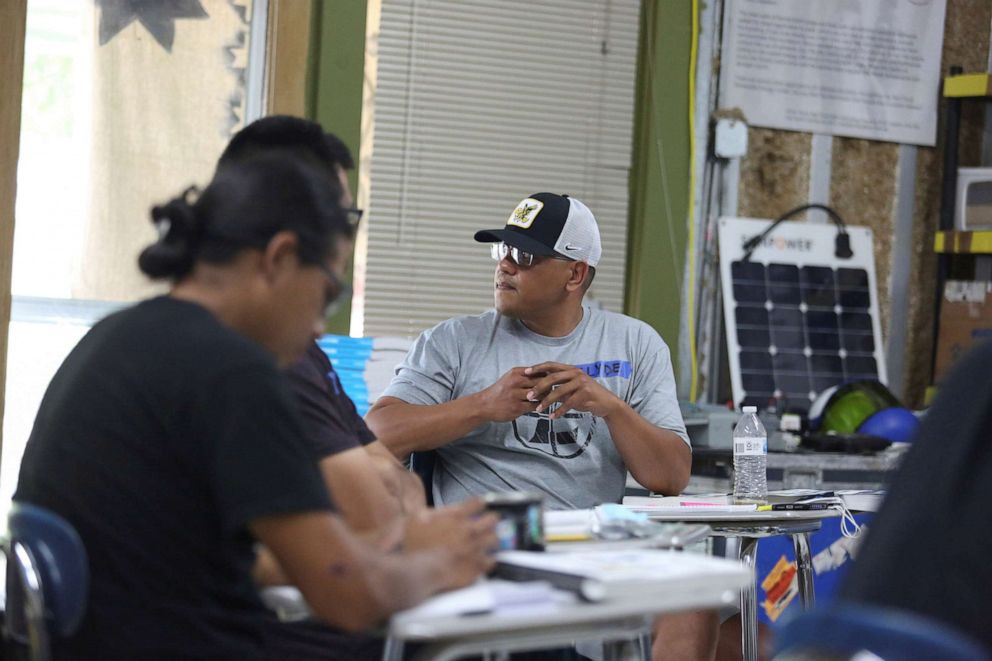
Another goal is to create a Native American solar workforce to build big arrays in places like the Navajo Nation and Pine Ridge and teach solar skills to the next generation.
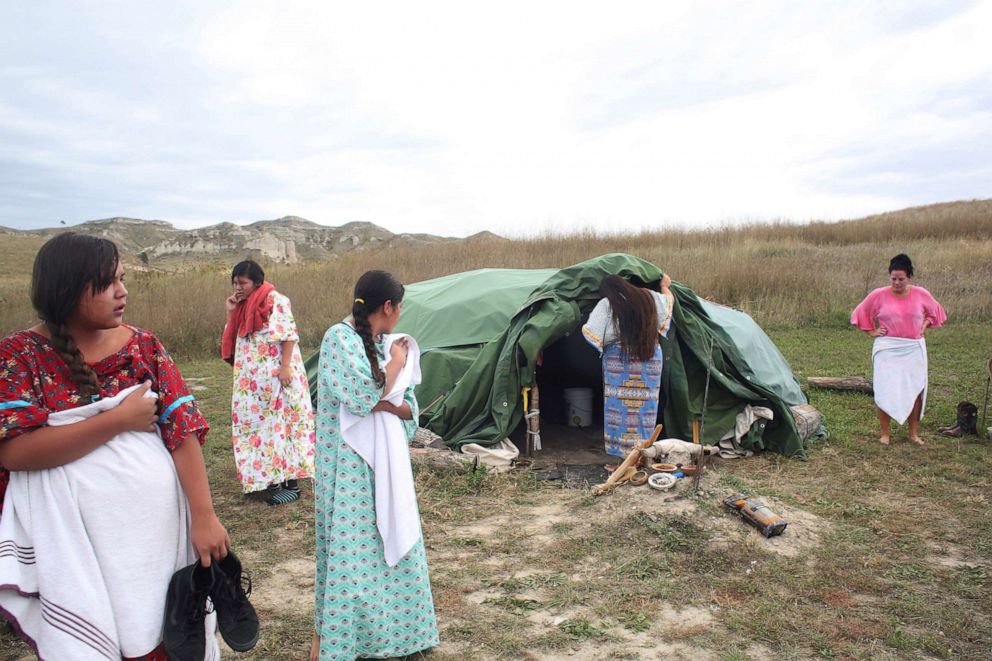
"The people there have realized that energy sovereignty is more important to them and the only way they'll achieve that is focusing on the more renewable resources," workshop instructor Chris Brooks, 48, from nonprofit Remote Energy said of moves by reservations to diversify away from oil and gas and coal-based power.
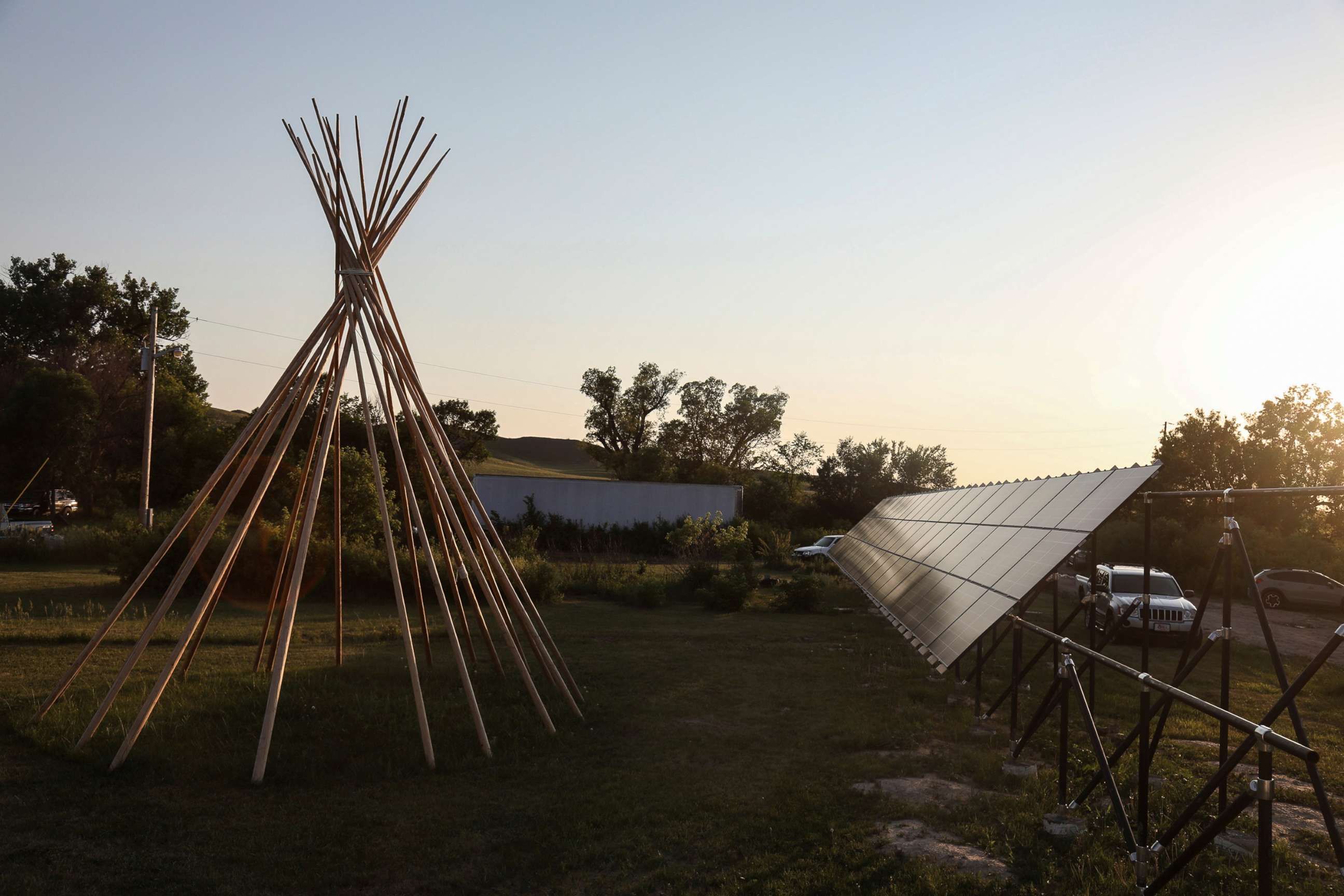
Nez hopes to start an installation business in a sector dominated by white men, driven by a way of life focused on the earth and elements.
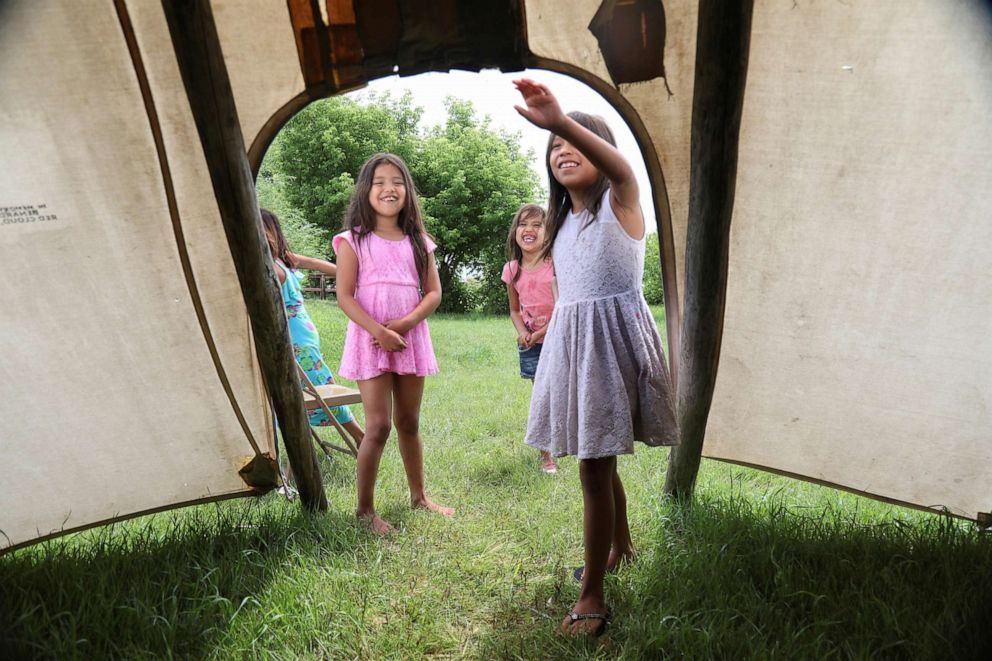
"It's there, why are we not using it?" she said of solar power.




